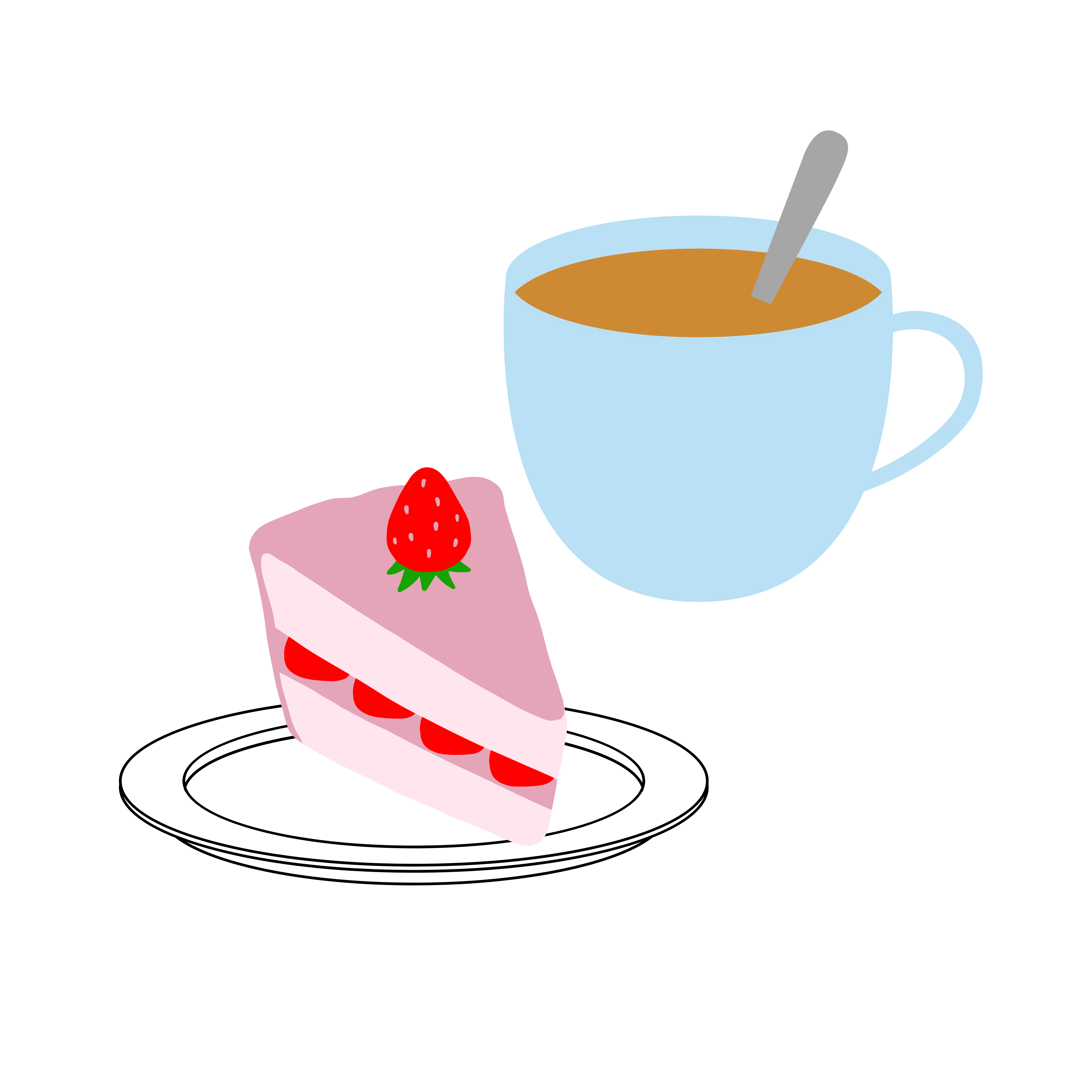Join me...
This site displays advertisements and I may receive a small commission if you interact with them.
Cracking Exam Techniques: Tips and Strategies for Success
Hi,
I’m Alix and it’s my mission to help as many of the next generation as possible work in jobs that meet their passion and purpose, making them happy and fulfilled adults. Providing support and hand holding where they may not have any. Be a ‘virtual mentor’ if you like.
With no support myself as I faced the same challenges you’re facing right now I know that my life would have been very different if some (any) kind of mentor had been around. Someone to explain why scrutinising past exams could make a difference – why and how.

And that’s exactly why this website exists. It’s for those who need help where there isn’t any and provides hints and tips on what to think about as you face these crossroads, because while working towards your ideal career, exams are milestones.
Today we’re looking at exam techniques that apply to any exam starting with your GCSEs and leading up and beyond university. Indeed, some careers require ever-lasting study and knowing what’s below will help.
So, find a quiet place, grab a snack and read on for strategies for success on the day(s).

From your GCSEs onwards, the grades you achieve can determine which way you can go next on your career path.
Colleges, sixth forms, apprenticeships and universities often have set exam grades for accepting students, so getting the best grades will open up choices for you, a good place to be.
If you read my book ‘I am Choosing my Options’, you will already be studying topics that stimulate you, topics that you want to learn about, want to go (skip?) into a lesson to see what you can learn today.
If you haven’t read my book, ask your school or local library whether they have a copy or contact me - just reading the ‘passion and purpose’ and ‘goals’ sections will be worth it, I promise.
Revision…
Having a good revision plan from day one of the course will give you the comfort of knowing that what you’re learning will make the exams easier.

Thorough preparation – read my article ‘Mastering Revision’ if you need help - and having effective exam-taking strategies, will give you the best support on the day(s).
But knowing your subject is……….
And, by considering the below, you will ensure confidence, focus and success.
Exam preparation…
Effective exam preparation begins with early planning??????????????
Create a study timetable that allows sufficient time to cover all subjects and topics.
By breaking down your study sessions into manageable time chunks and allocating time for revision, practice tests and reviewing challenging areas, you’ll stay organised and avoid the need for panicked cramming the night before your exams - you really don’t need that stress – you need a good night’s sleep.

Familiarising yourself…
By looking at loads of past exams in the subjects you’re taking, you’ll familiarise yourself with how they look, so that when you sit down to take the exam itself, it will naturally be more familiar.
By taking them apart and dissecting them, you’ll know what to expect.
The questions won’t be the same as the ones set in your exams of course, but the layout, type of wording and marking system will be.
It’ll give you insight into how questions are worded. You’ll understand the types of questions asked, how they’re set and how to recognise the important points you need to watch for.
Besides, the questions asked in the practice ones were set for students before you so you can also use it as a revision session. If you can’t answer the question(s) you’ll know what to go and study up on.

Understanding the exam set up…
So, to start, get your hands on as many past exams as possible.

Note: When I sat to take my exams, I was shocked at how ‘formal’ the process was. Hard and unfeeling. Sitting in a hall, with tables laid out in rows like prisoners and stern teachers watching our every thought! Like I couldn’t be trusted. I remember one teacher who was a tiny thing but was known to have the beadiest eyes ever. I don’t recall anyone ever cheating, but it was known that if you even tried this teacher would know!
To be honest, I’d never even seen an exam paper before I sat the first one.
Now, with hindsight, I believe best practice would be for students coming up to exams to be put into the same set up before the exams themselves, with an exam paper to acclimatise them.
So, practice sitting on your own at the kitchen table. Learn to drown out everything around you - to cut out any surrounding distractions and noise (unless it’s a fire alarm!) so that you can focus and open the exam.

Effective exam techniques…
Train yourself to read each question carefully. Underline keywords that you know you need to answer and be sure to answer what is being asked.
By the time you sit your actual exams you’ll be so used to picking out the keywords it will be second nature and you’ll be able to pin these down quicker.
Don’t ramble. Structure your answers with clear introductions, main points and conclusions, where necessary, but if it’s a one-word answer make it a one-word answer.

Also, recognising how each question is marked, is critical. For instance, if a question has 1 mark the examiner will be looking for one particular point, if there are 5 marks, they’re looking for five and so on.
So, the marks awarded is a huge guide for you, make use of it.
Prioritise exam time management…
Effective time management is crucial during exams and practicing past papers will help.
Allocate time to complete full-length practice exams under exam conditions.
Sit at the table, drown everyone out, set the alarm clock and go for it.
Practice over and over to manage your time effectively. Remember to allow sufficient time for review and editing.

If you continue to struggle to finish in time, look at how you can speed up – do you need to revise more on one particular area so it sticks in your memory? Is it that you ‘waffled’ on questions that only had one mark? Remember that those with more marks will, naturally, require more time.
Practice highlighting questions that you get stuck on so that you can go back and nail them, or, if you need to revise further on these points you’ll have them there, glaring at you, ready to action.
THIS IS VERY IMPORTANT: if you get stuck, move on! You could lose valuable minutes worrying that you can’t remember the answer or search your mind trying to find it and it would be better to answer the other questions earning their points, rather than lose marks by struggling with just one. Come back to skipped questions at the end if you have time.
Note: when taking the exams themselves don’t stop until you’re told time is up. I once took a typing exam and as I reached the end of one section, I realised I only had a few minutes left so didn’t start
the next. The teacher later told me I was one mark from getting distinction and if I’d typed just a few words more I’d have crossed that line – ‘drat’ I thought!
If possible, ask your teacher to mark the paper to identify areas for improvement and ask for their help where necessary.

Study materials for nearing the day…
Leading up to each exam, summarise key concepts, create flashcards for quick review or compile concise notes. Every time you write it down you are doing effective revision.
Using the practice exams to create key study materials itself can enhance your understanding of the subject matter. Remember, subjects are taught using repetition, so the more you go over your notes the more the points will sink into your brain.
If you have a list of facts to learn, set them out in a way that suits you – turn them into a poem, a song, a rap.

You could also try using visual aids, such as mind maps or diagrams, to ensure understanding and
memory retention.
And, once you find a technique that works for you, go for it!
Take care of your well-being…
Maintaining your physical and mental well-being is vital during the exam period. Get enough sleep to ensure the best brain function and, again, avoid last-minute cramming.
Eat nutritious meals and stay hydrated to fuel your brain. Engage in regular physical exercise to reduce stress and improve concentration.

Exam day…
Set out your clothes the night before - you don’t need to be stressed looking for a clean shirt as you should be walking out of the door.
Have a substantial and filling breakfast. Hunger can make you feel sick and you need to be at your best, not struggling to stop your stomach rumbling and disturbing those around you (or worse, make them start giggling).
Arrive early, again, to reduce the need for stress. If you take the bus or train, catch an earlier one to be on the safe side.
Make sure you have a working pen (and a spare).

Anything else you are allowed/told to take in should be ready to pick up and go. For instance, if you are allowed to take in a calculator, you don’t want to find it runs out of battery just as you turn it on, or your pencil breaks and you don’t have a spare or sharpener.
Stay positive and believe in yourself…
Lastly, maintain a positive mindset throughout your exam journey. Believe in your abilities and trust the effort you have put into your preparation.
Surround yourself with supportive friends and family who encourage and motivate you.
And visualise success and imagine yourself performing well in the exams.

Lastly, I want to both wish you luck and say that I know you can do it - I believe in you.
I’d love to hear how you’re getting on and, where possible, if we can help more.
Remember, success is within your grasp - good luck!
